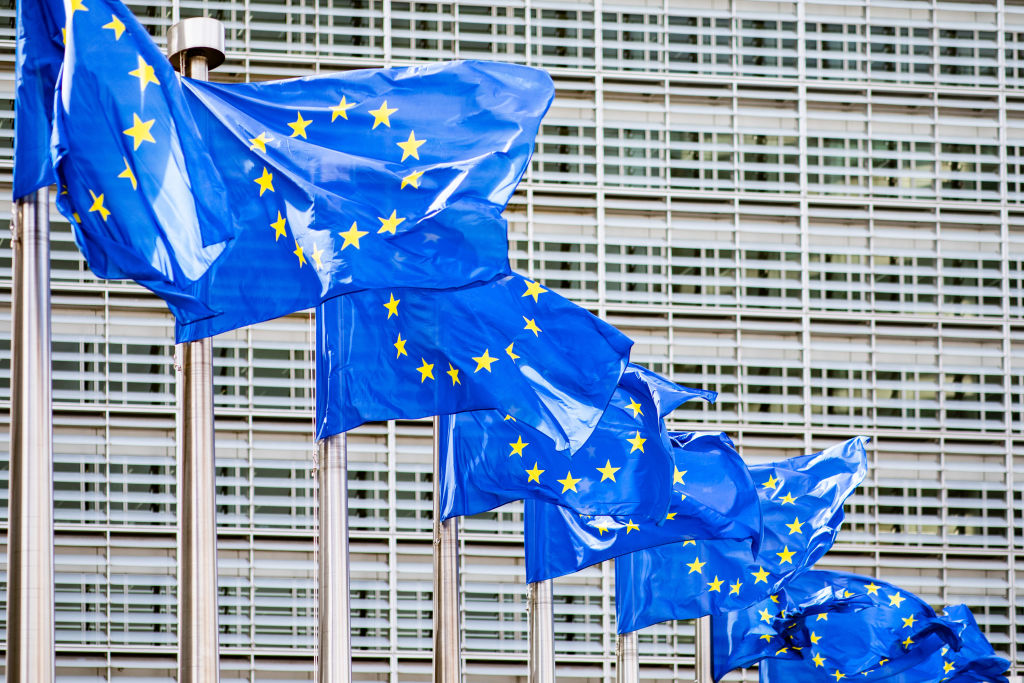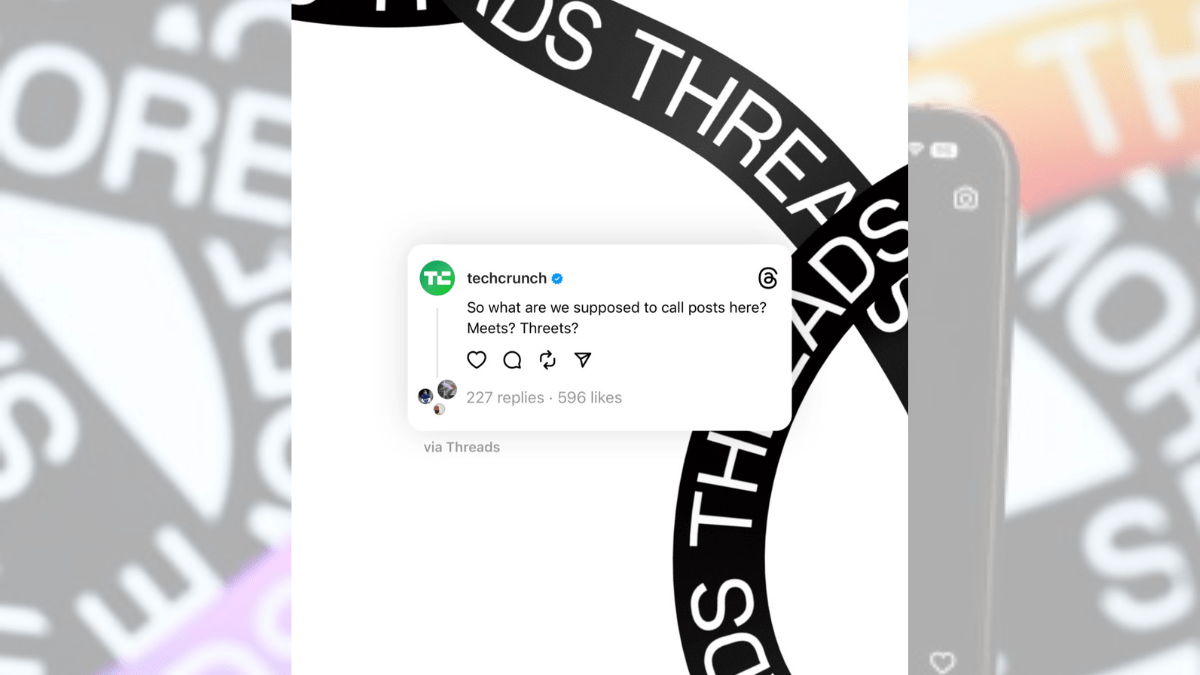EU lawmakers launch tips hotline to catch Big Tech’s ‘shady’ lobbying
‘Astroturfing’ and other non-transparent lobbying tactics used to target digital policymakers in the European Union in recent years — including during a blitz of spending aimed at influencing major new pan-EU rules like the Digital Services Act (DSA) — have inspired a group of MEPs and NGOs to fight back by launching a hotline for reporting attempts at indirectly influencing the bloc’s tech policy agenda.
The new tips line, which was first reported by the Guardian, is being called LobbyLeaks.
The office of one of the MEPs co-leading the effort, Paul Tang of the S&D Group, said the idea is to gather data on underhand lobbying efforts that may be targeting the EU’s digital policymaking — such as the use of third party ‘industry associations’ or consultancies without clear disclosures, or even academics being quietly funded to author favorable research — in order that they can be studied and called out. They also want to ensure EU lawmakers are better informed about the myriad ways tech giants may be seeking to influence them as they work on shaping the rules platform giants will have to play by.
Commenting on the initiative in a statement, Tang, added: “As politicians, it is our duty to balance the interests of industry, civil society and society at large. Manipulation by shady lobbying is a threat not only to proper law making, but to our whole democracy. That’s why we have to turn the spotlight on all these wolves in sheep’s clothing and fight against unfaithful lobbying methods.”
Last October Tang was one of a trio of MEPs who filed complaints with the EU’s Transparency Register — accusing Amazon, Google and Meta (Facebook’s parent) of using third party industry associations or groups claiming to represent startups and SMEs to launder their talking points and lobby opaquely. All involved denied any wrongdoing — and that investigation remains ongoing. But Tang and others evidently want to keep up the pressure in the meanwhile.
The new reporting tool is hosted on the LobbyLeaks.eu website. Staff and members of the European Institutions are encouraged to use it to report shady or irregular stuff they’ve seen — such as by forwarding unusual emails they’ve been sent or suspicious ads they’ve found themselves targeted with online.
LobbyLeaks is not actually a phone line but rather an encrypted web form for sending in tip-offs. The idea there is to lower the barrier to reporting concerns. Including time pressures — since the targets of lobbying tend to be pretty busy people. Additionally, there’s a guarantee of “complete confidentiality” for all tip-offs.
The two NGOs involved in the initiative, Corporate Europe Observatory (CEO) and LobbyControl, will receive the tips and investigate — looking to establish patterns. And, ultimately, to call out dodgy lobbying behaviour and apply pressure for changes to transparency rules if required.
Commenting in a statement, Bram Vranken, a campaigner and researcher at CEO, accused Big Tech of deploying underhand lobbying to try to maintain a “toxic” business model that’s founded on exploitative abuse:
Big Tech’s business model is toxic. It is based on aggressive surveillance advertising and data extraction, deploying algorithmic content management systems that amplify disinformation and hateful content, and denies workers their rights. Lobbyleaks will help to expose this kind of deceptive and opaque influence that has become central to Big Tech’s lobbying tactics.
Lobbying that’s not clearly disclosed as such undermines democratic accountability and fair process, and risks — at the very least — misleading lawmakers. Including by giving an advantage to those with the greatest resources to spend on fostering and funding a sprawling network of third party ‘message spreaders’.
Last year, a report by COE and another civil society group, Global Witness, shone a light on some of Big Tech’s recent lobbying in the EU — including over strategic areas like tracking ads, where a number of adtech giants aligned their lobbying to avoid the threat of a total ban being added to the DSA.
In the event, they prevailed: EU institutions only agreed partial restrictions on the use of personal data for ad targeting — so the threat of a total prohibition on tracking and profiling was avoided.
During negotiations on the DSA some EU lawmakers also reported receiving hypertargeted ads on platforms like Facebook and Twitter — such as messages pushing self-serving claims by Facebook that restrictions on tracking ads would be harmful for SMEs — raising questions over whether highly targeted ad campaigns which are singling out EU lawmakers in Brussels who are working on (or following) relevant policy files constitutes ‘lobbying’ in a formal sense (and should therefore be clearly disclosed in transparency registers) or not.
Tang’s office said the LobbyLeaks hotline aims to both shine more disinfecting light on shady lobbying practices to keep up with evolving tactics and gather data that could be used to help inform lawmakers consider whether changes to EU transparency rules are needed to keep up with increasingly well-funded efforts to influence policymaking. Although those behind the hotline are not currently calling for changes to transparency laws. But let’s wait and see what LobbyLeaks unearths.
Some change is already looming in the EU — via the political ads transparency rules which the Commission proposed back in November 2021. The incoming rules will, for example, require political and interest-based ads to carry disclosures stating who paid for the messaging. Although it’s not clear how effective they will be at cleaning up anti-democratic tactics like astroturfing.
While Big Tech’s lobbying of the EU has dialled up massively during the current Commission’s tenure, thanks to major updates to (and expansion of) the bloc’s digital rulebook, there was another major lobbying effort around the earlier digital copyright reform. So the issue is not an entirely new one — and tactics that seek to disguise the participation of a sponsor in order to mask their corporate self-interest and shield them from basic accountability (and their positions from thorough critical review) are of course even older than that; it’s the same old dirty playbook as Big Tobacco.
But it’s clear there has been a big increase in lobbying given the vast sums now being routinely spent by Big Tech to try to shape the laws that will apply to them. And given the proliferation of a sprawling network of opaquely funded third parties all conveniently aligned with tech giants’ talking points.




